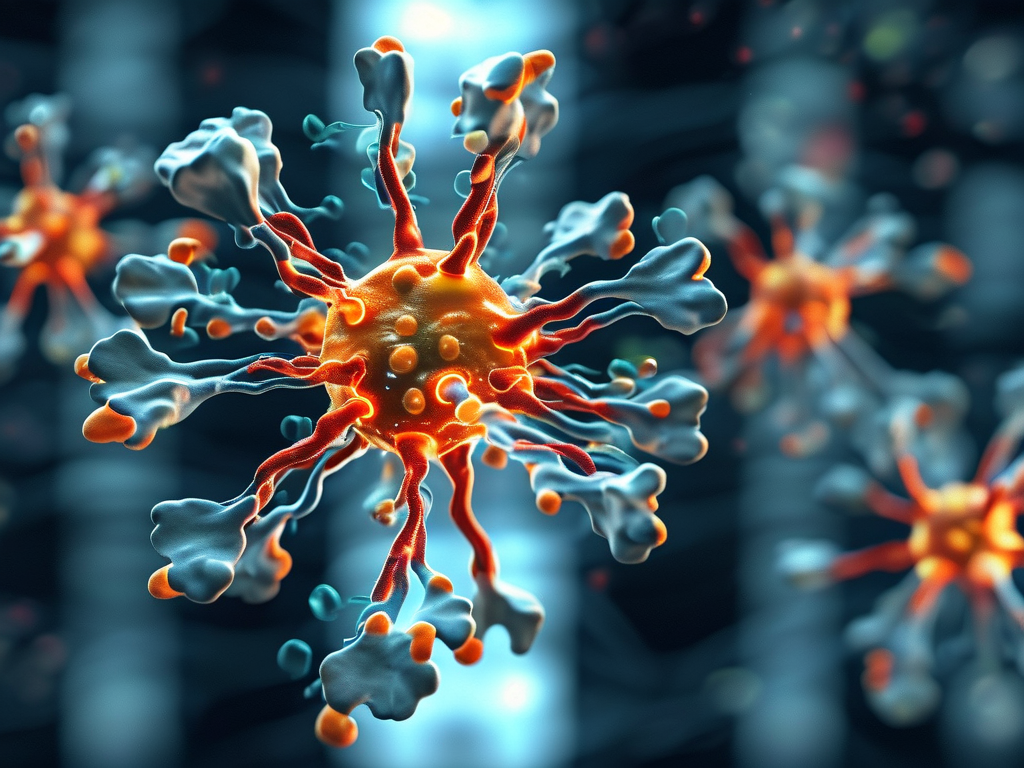The intersection of artificial intelligence and molecular biology has unlocked unprecedented possibilities in understanding and manipulating proteins—the building blocks of life. Among these advancements, artificial neural networks (ANNs) have emerged as a transformative tool for predicting protein structures, designing novel enzymes, and accelerating drug discovery. This article explores how ANNs are reshaping protein science and the challenges that lie ahead.

The Protein Folding Problem: A Decades-Long Challenge
For over 50 years, scientists struggled to predict how amino acid sequences fold into functional 3D protein structures—a puzzle known as the "protein folding problem." Traditional methods relied on energy minimization algorithms and experimental techniques like X-ray crystallography, which were time-consuming and resource-intensive. Enter ANNs: By training on vast datasets of known protein structures, these models learned to infer folding patterns from sequence data alone.
In 2020, DeepMind’s AlphaFold2 stunned the scientific community by achieving near-experimental accuracy in structure prediction. Its success hinged on a hybrid architecture combining transformer networks and graph-based attention mechanisms. Researchers can now generate plausible models for understudied proteins linked to diseases, such as the SARS-CoV-2 spike protein variants, in mere hours.
Beyond Prediction: Designing Proteins with Precision
ANNs are not limited to prediction—they’re now enabling the de novo design of proteins. Tools like RFdiffusion and ProteinMPNN use generative adversarial networks (GANs) to create sequences that fold into target shapes. For instance, researchers recently designed a heat-stable enzyme capable of breaking down plastic waste at industrial scales. This approach combines physics-based simulations with neural network-guided optimization, iteratively refining designs until functional criteria are met.
In therapeutics, ANNs streamline antibody engineering. A 2023 study published in Nature Biotechnology detailed an ANN-trained model that generated synthetic antibodies binding to cancer biomarkers with 10x higher affinity than conventional methods. Such breakthroughs reduce reliance on animal testing and shorten development timelines.
Challenges and Ethical Considerations
Despite progress, ANN-driven protein science faces hurdles. First, training data bias remains an issue: Overrepresentation of well-studied proteins (e.g., human enzymes) limits model performance on rare or extremophile proteins. Second, the "black box" nature of ANNs complicates result interpretation. A 2022 survey revealed that 68% of biologists hesitate to adopt ANN tools without clearer mechanistic insights.
Ethical concerns also loom. Engineered proteins could inadvertently create toxins or disrupt ecosystems if deployed carelessly. Regulatory frameworks lag behind technological advances, prompting calls for international collaboration on biosafety standards.
The Road Ahead
Future developments may integrate ANNs with quantum computing for real-time molecular dynamics simulations or couple them with lab-on-a-chip systems for automated protein synthesis and testing. Startups like Profluent Bio are already commercializing ANN-designed proteins for personalized medicine.
As computational biologist Dr. Lena Chen remarked at the 2023 AI in Biotech Summit: "We’re no longer just observers of nature’s protein repertoire—we’ve become active participants in its evolution." With responsible innovation, ANNs could unlock solutions to global challenges, from sustainable energy to pandemic preparedness.

